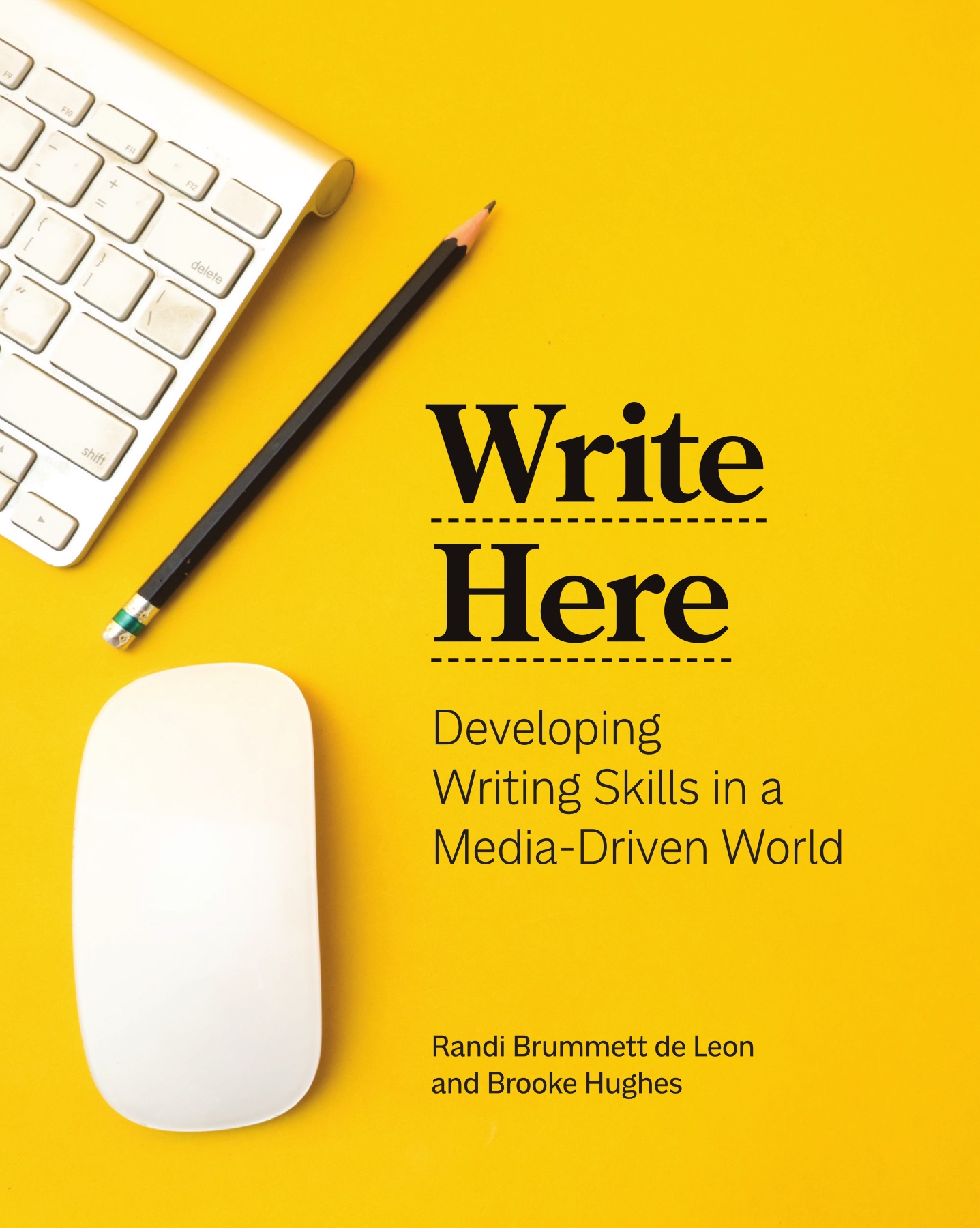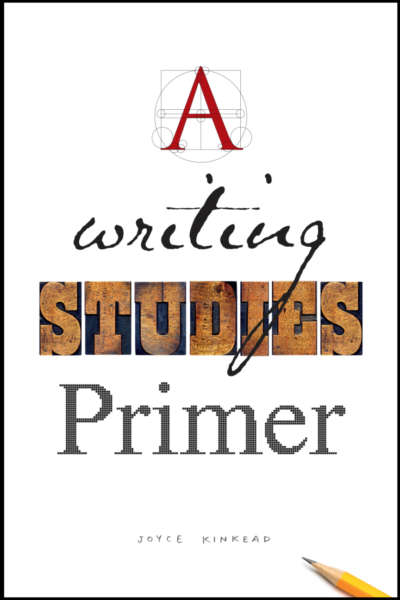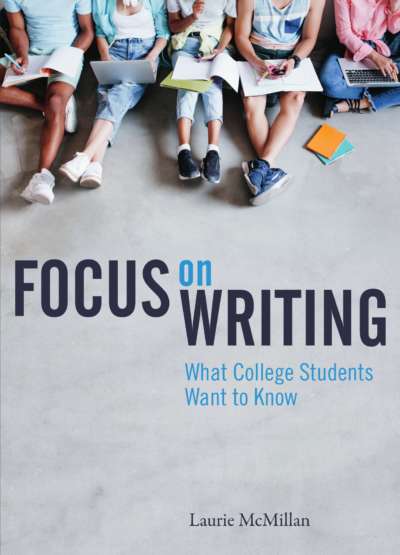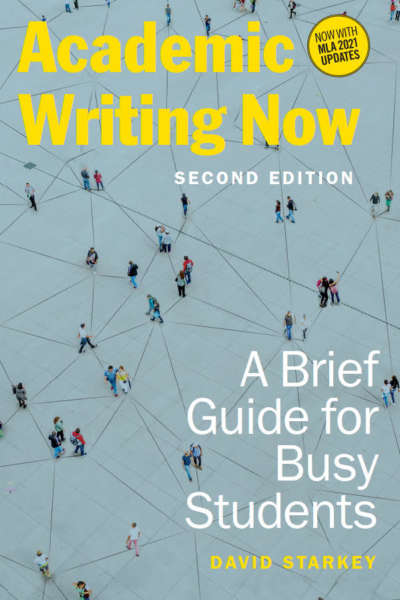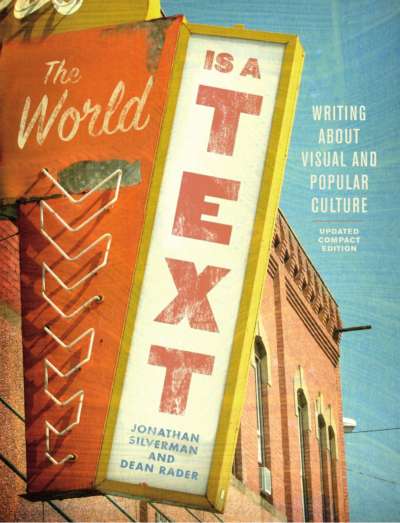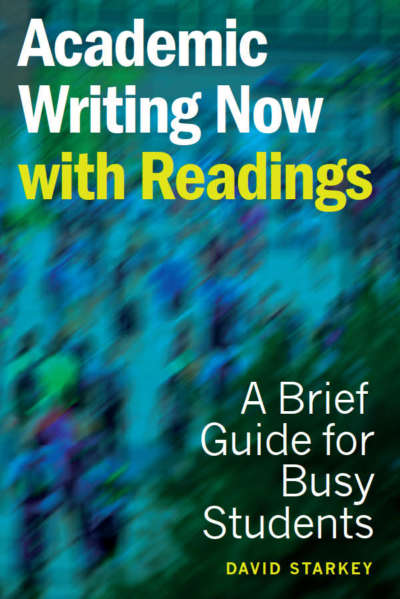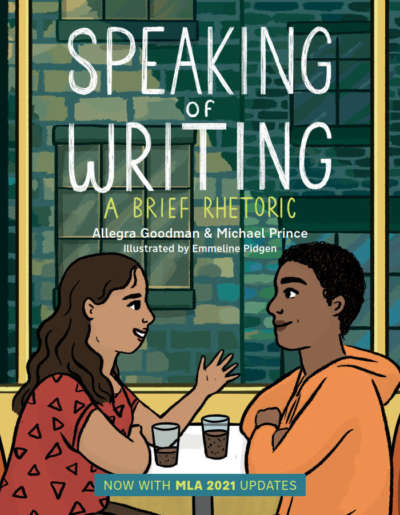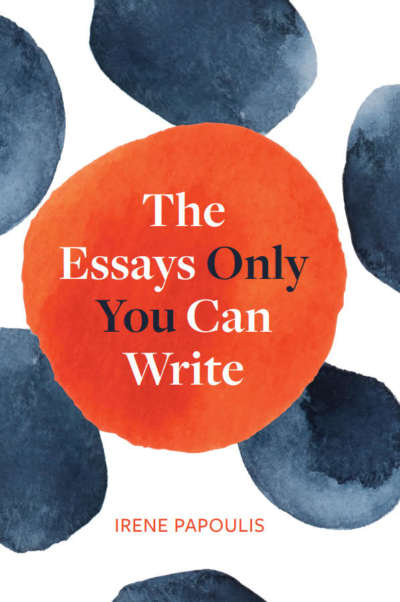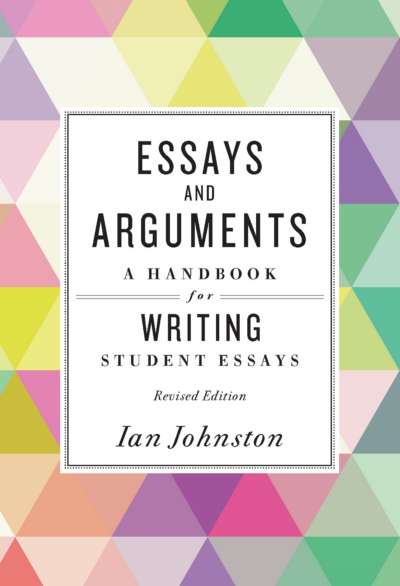Write Here is designed to teach students essential reading and writing skills, using media examples to help explain academic concepts and provide opportunities for practice. It is adaptable; because it covers the basics of reading, writing, and the modes of writing, it is appropriate to use in developmental composition classrooms. However, it also covers such topics as logical fallacies, rhetoric, timed writing, academic writing, source integration, and MLA/APA documentation, making it appropriate for a first-year or “stretch” composition course.
Many beginning writing students are underprepared and feel that writing just “isn’t for them.” The authors hope to dispel that myth by using media examples and a conversational tone to introduce and teach the material. Write Here provides examples that are interesting to students, while allowing them to connect to the subject matter on a more personal level—additionally, the process of analyzing the media helps students sharpen their reading, writing, and critical thinking skills.
Comments
“We need this book in the composition market because it offers a new, refreshing perspective. The authors have a comprehensive understanding of students, their interests, and their needs, and they have created an extremely student-friendly book. Current research in rhetoric/composition tells us that our ultimate goal in freshman writing should be for our students to be able to evaluate their own communication skills as they move through their composition courses, and this is exactly what Randi Brummett de Leon and Brooke Hughes have accomplished at the end of each of their chapters in ‘Assessing Your Knowledge.’ This is a brilliant feature of the book that puts the students in charge of their own learning. Congratulations on an excellent new contribution to the field!” — Kim Flachmann, California State University, Bakersfield
“This book covers a wide range of topics, with plentiful examples drawn mostly from student writing or from a variety of media sources. It provides valuable guides for developing a rhetorical understanding of media sources and critical media literacy skills; this section of the book is the most detailed and engaging, and the book will be most useful in classes in which most of the work revolves around such non-traditionally-academic sources. The explicit and detailed way in which it links reading and writing is also a welcome feature, as is the discussion of sentence-level issues that concludes the volume.” — Michael Kaler, University of Toronto Mississauga
“Write Here aims to boost student writers’ confidence by connecting the strategies used to read and analyze social media and popular culture with the reading, analysis, and writing processes required by first-year composition courses. De Leon and Hughes connect the elements of academic writing commonly taught in those courses—reading and writing as processes, argumentative appeals and fallacies, essay structures, documentation, sentence grammar—to the competencies students already possess. I particularly appreciate the clear and accessible approach to sentence grammar, which usefully explains both basic patterns and common errors.” — Noel Currie, Langara College
“In our fast-paced, social-media-soaked society, students read more words each day than prior generations, which makes the skills they learn in courses—rhetorical analysis, synthesis, how to evaluate sources, etc.—more important than ever as they navigate a landscape in which conspiracy theories thrive alongside peer-reviewed research articles. This is where Write Here shines. In addition to providing exceptional academic reading and writing strategies, de Leon and Hughes have culled relevant readings that are simultaneously complex and accessible, fresh and enduring—many of which are poised to become the timeless standards of future textbooks. Armed with Write Here, students and instructors alike will be better equipped to read, reflect, and respond in an ever-changing world.” — Crystal Huddleston, Taft College
“When English faculty meet, we often find ourselves wrinkling brows and wringing hands over how to teach composition in an online era. How can we communicate the importance of academic argumentation when discussion boards only require ad hominem attacks? Who needs to conduct rigorous research when conspiracies seem to matter more than facts? What does a comma splice matter to a student who’s used to writing 280 characters at a time? Write Here helps to provide some answers. It’s a textbook, sure, but it doesn’t condescend to first-year students. By combining scholarly examples with writing samples from social media, Write Here tries to meet young scholars where they are and direct them to where we want them to be.” — Nathan Dueck, College of the Rockies
“Leon and Hughes have assembled in Write Here all elements that students of a developmental composition classroom would be required to master. Written in a conversational tone and replete with contextual examples, this book offers a great learning experience to its readers.” — Arun Dash, Technical Communication

